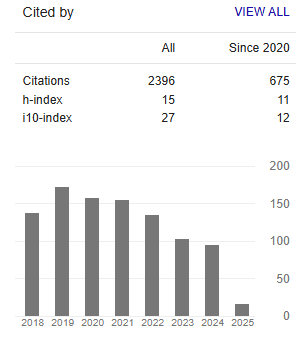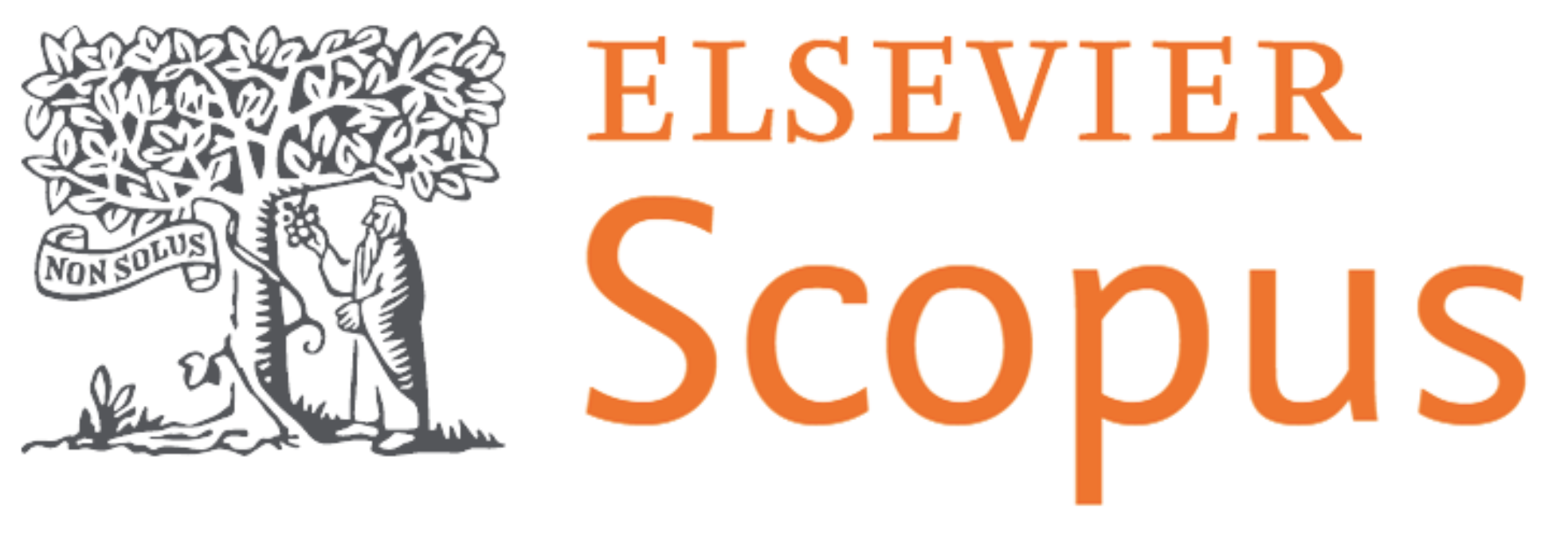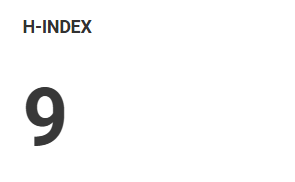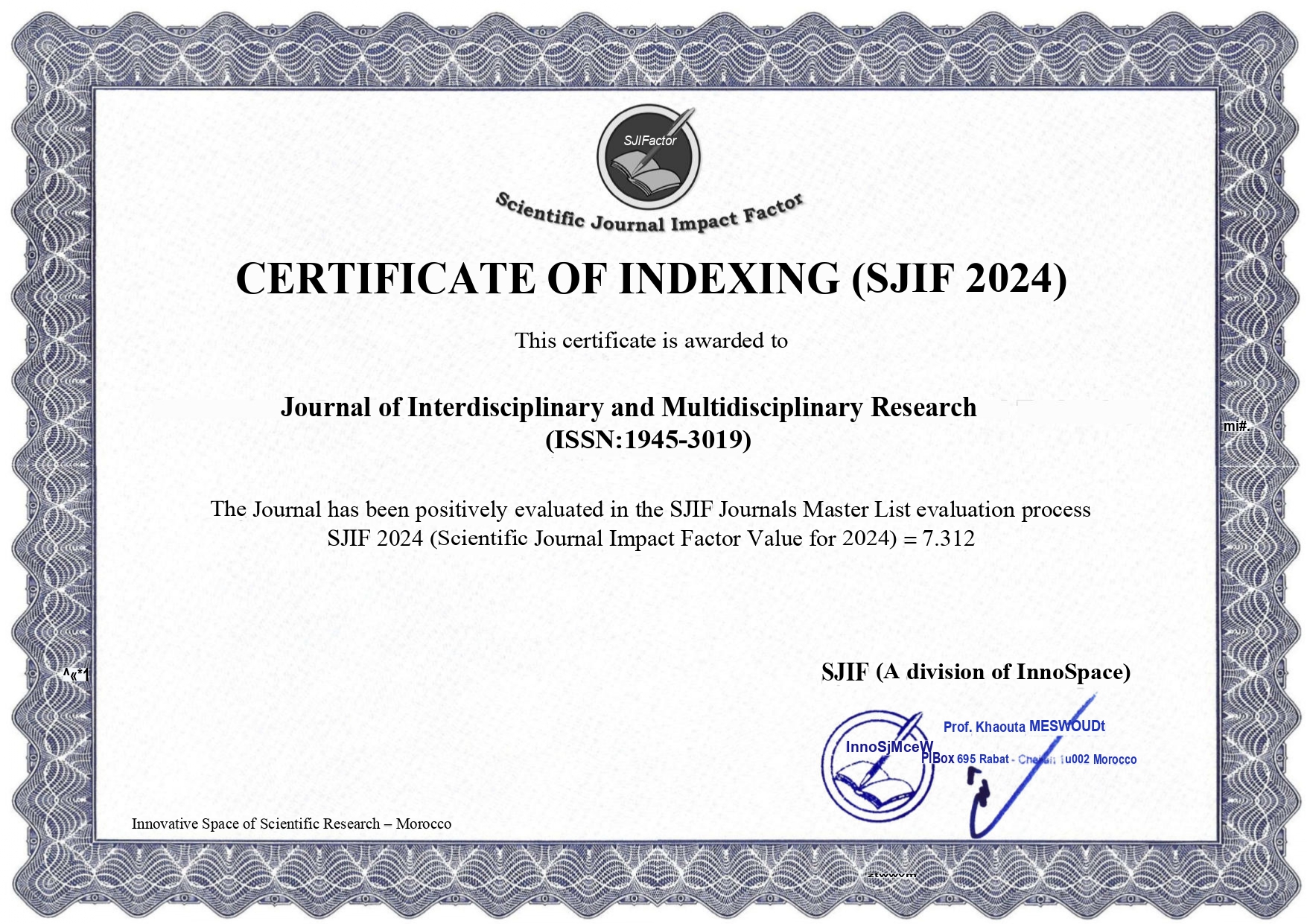Barriers and Facilitators to Postpartum Intrauterine Contraceptive Device (PPIUCD) Uptake in Rajasthan: A Comprehensive Analysis
DOI:
https://doi.org/10.5281/zenodo.16087576Keywords:
Postpartum Intrauterine Contraceptive Device, Postpartum family planning, Contraceptive, CounselingAbstract
Postpartum Intrauterine Contraceptive Device (PPIUCD) offers a safe, long acting, and reversible contraceptive method for women immediately after childbirth. Despite its clinical benefits and government promotion, its uptake remains suboptimal in Rajasthan. This study explores the multifaceted barriers and facilitators influencing PPIUCD adoption among postpartum women. A structured survey was conducted across various healthcare facilities in Rajasthan, involving 500 participants. Statistical analysis revealed that although 81.6% of women were aware of PPIUCD, concerns about side effects, family influence, misinformation, and perceived costs hindered adoption. Counseling emerged as a critical enabler, with counselled women being significantly more likely to opt for PPIUCD. Additionally, the role of healthcare providers, community health workers, and male involvement proved pivotal in shaping decisions. The findings underscore the need for strengthened counseling, targeted communication strategies, family engagement, and improved service quality to enhance PPIUCD utilization. Addressing these issues can improve reproductive health outcomes and support informed family planning choices in Rajasthan.
Downloads
Published
Issue
Section
License
Copyright (c) 2025 Shibumi Prem, Dr. Jagjeet Prasad Singh, Krishan Gopal Soni (Author)

This work is licensed under a Creative Commons Attribution 4.0 International License.






